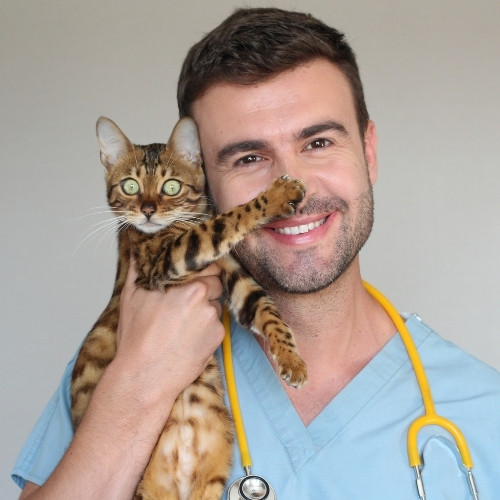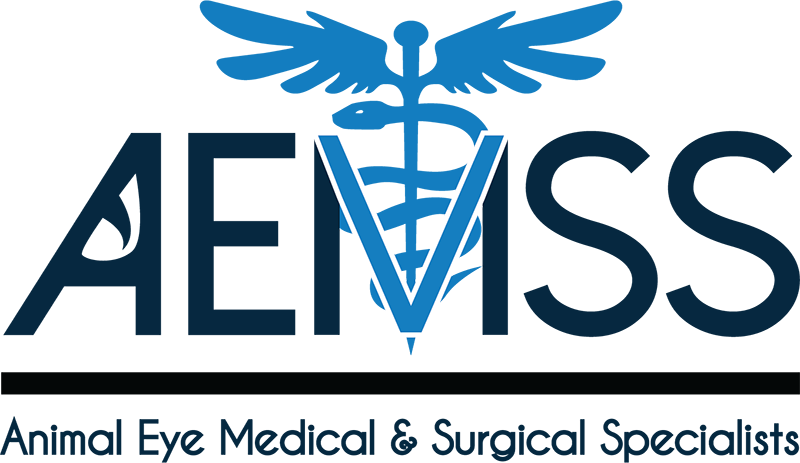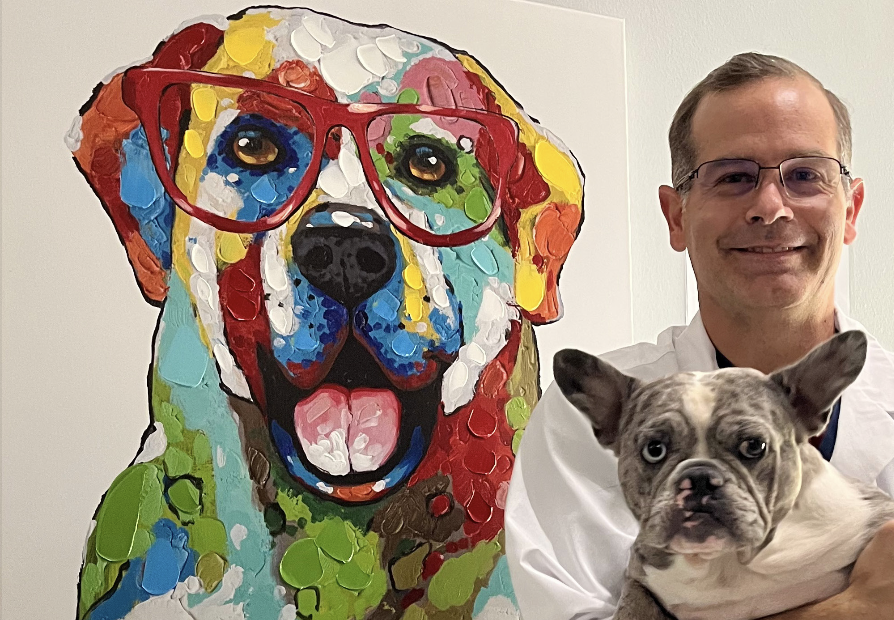Pet Retinal Detachments in Katy, TX
Pet retinal detachments are a serious eye condition that can lead to vision loss or blindness if not treated promptly. At Animal Eye Medical & Surgical Specialists in Katy, TX, we specialize in diagnosing and treating retinal detachments in pets, offering advanced care aimed at promoting optimal eye health. Understanding the signs and seeking timely treatment is crucial for your pet’s eye health.
Understanding Pet Retinal Detachments
Pet retinal detachments occur when the retina, the light-sensitive layer of tissue at the back of the eye, separates from the underlying layer called the choroid. This condition can lead to vision loss or even blindness if not treated promptly. At Animal Eye Medical & Surgical Specialists in Katy, TX, we provide specialized care to diagnose and manage retinal detachments in pets.
Recognizing Symptoms of Retinal Detachment
Recognizing the symptoms of retinal detachment is crucial for early intervention. While some signs are more obvious, others may go unnoticed, especially if the detachment is partial:
- Dilated Pupils: One of the most noticeable signs of retinal detachment is the dilation of the pupils. This occurs because the eye is unable to properly respond to light.
- Blindness: Complete blindness can occur when the retina is fully detached. However, in cases of partial detachment, vision may be impaired but not entirely lost.
- Subtle Vision Changes: In instances where only a portion of the retina detaches, pets may experience reduced vision that may not be immediately apparent to their owners.
If you notice any signs of retinal detachment in your pet, prompt action is essential to preserve their vision. Call us today at 832-437-0119 to schedule a thorough eye examination and ensure the best care for your pet.

Causes of Retinal Detachment in Pets
Retinal detachment in pets can result from various underlying conditions or external factors. Understanding the cause is essential for effective treatment:

- Infectious or Inflammatory Diseases: Infections and inflammation within the eye can weaken the retina, leading to detachment.
- High Blood Pressure: Pets with hypertension are at a higher risk for retinal detachment as elevated pressure can damage the retinal vessels.
- Trauma: Physical injury to the eye can cause the retina to detach.
- Advanced Cataracts: Cataracts, especially in advanced stages, can contribute to retinal detachment.
- Chronic Glaucoma: Prolonged high pressure inside the eye due to glaucoma can also result in retinal separation.
- Genetic Retinal Conditions: Certain breeds are predisposed to genetic retinal disorders, such as progressive retinal atrophy, retinal dysplasia, and others, which may lead to detachment.
- Idiopathic Detachment: In some cases, particularly in Shih Tzus, retinal detachment occurs without an identifiable cause.
Treatment Options for Pet Retinal Detachments in Katy, TX
Timely treatment is crucial in managing retinal detachment. Depending on the cause and severity of the detachment, various treatment options are available:
Medical Management
In cases where retinal detachment is secondary to conditions like high blood pressure or infections, addressing the underlying issue can allow the retina to reattach naturally.
Laser Surgery
For partial detachments, laser treatment can be used to secure the retina in place, preventing further separation and preserving existing vision.
Vitreo-Retinal Surgery
In more severe cases, where the retina has completely detached, vitreo-retinal surgery may be necessary. This specialized procedure involves reattaching the retina and restoring vision, provided that it is performed promptly, typically within four weeks of detachment.
Why Choose Animal Eye Medical & Surgical Specialists in Katy, TX?
At Animal Eye Medical & Surgical Specialists, our experienced team is dedicated to preserving your pet’s vision through precise diagnosis and effective treatment.
Expert Diagnosis
Our team uses advanced diagnostic tools to accurately assess the extent of retinal detachment and determine the most effective treatment plan.
Specialized Treatment
We offer a range of treatment options, including medical management, laser therapy, and vitreo-retinal surgery, tailored to the specific needs of each pet.
Ongoing Care
After treatment, we provide follow-up care to monitor your pet’s recovery and ensure the best possible outcome.

